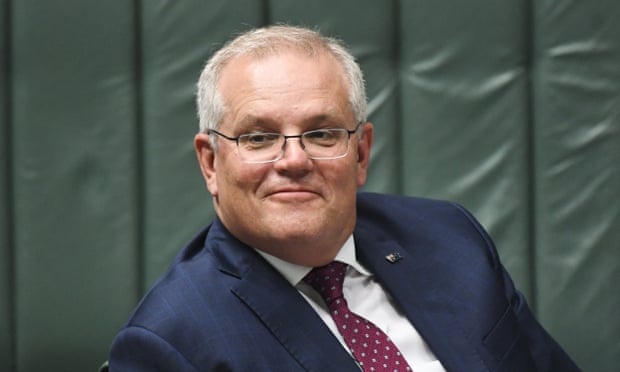
Advent is here, which marks the beginning on a new year in the church Lectionary cycle as we move to the year of Luke. Although there is often good wisdom and discipline in following the Lectionary readings week by week, the selection of Advent readings has always left me a bit puzzled. Even more so in the year of Luke which has its own insightful portrayal of the origin story of Jesus as Luke intertwines the prediction, arrival and celebration of two special babies – John (later to be known as the Baptist) and Jesus (later to be given any number of names and titles).
The story begins with Zechariah, an elderly and faithful priest descended from the line of Aaron. Zechariah serves at the temple in Jerusalem, the heart of Jewish worship. Both he and his wife Elizabeth are described as righteous and blameless – people who are careful to follow the laws and guiding ways of the Jewish torah. But they are both old and in one significant way, their lives remain unfulfilled as they have no children.
But God has a plan to bless Zechariah, which is conveyed to him in an angelic message. Zechariah struggles to comprehend that his wife in her old age should now have a son. This child, to be named John, will also be a blessing to the wider nation of Israel as he will become a powerful prophet a little like Elijah. All this will take Zechariah, Elizabeth and John well beyond their comfort zone, well beyond the safe sanctuary of the temple and its organised religion. It will be an adventure – that will bring blessing and pain, joy and sorrow. As we emerge from two long years of Covid disruption, I wonder whether we are ready to embark on a fresh adventure with God?



